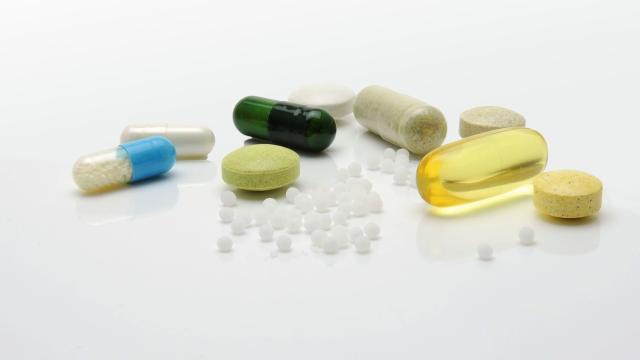People who use dietary supplements containing an ingredient called higenamine are playing with fire, suggests a new study. There’s often no telling just how much higenamine is packed into a single pill, it found, meaning people could be dosing themselves with dangerously high levels of the plant-based stimulant.
The researchers behind the study, published in Clinical Toxicology, bought 24 brands of supplements advertised to contain higenamine in 2016, all available to buy in the United States. All but two of these brands marketed themselves as either weight loss or energy supplements. Then they tested the chemical makeup of the pills found inside, using two labs to separately analyse two samples from each brand.
All the brands contained some higenamine, but the amount varied widely from sample to sample. Based on the samples, people would have gotten anywhere from minuscule, trace amounts of higenamine to more than 100 milligrams in a day, provided they followed the label instructions. And while only five bottles listed a specific amount of higenamine per pill, the stated amount never matched what was found in the corresponding samples. In these bottles, the quantity of higenamine ranged from .001 per cent of the listed amount to 200 per cent.
“While higenamine is considered a legal dietary ingredient when present as a constituent of botanicals, our research identified concerning levels of the stimulant and wildly inaccurate labelling and dosage information,” said co-author John Travis, a researcher at NSF International, which spearheaded the study, in a statement.
NSF International is a long-standing not-for-profit organisation based in Ann Arbor, Michigan that carries out testing and inspection of consumer products, including supplements. It also provides an independent certification and standards programs for various industries, such as food service. Researchers from Harvard Medical School contributed to the study as well.
Higenamine is derived from several plants, including aconite (perhaps better known as wolf’s bane), but has only recently been widely sold in supplements and in workout drinks, according to the authors. Unlike homeopathic products, the chemical really does affect the body, primarily the heart. That made it a popular tool for elite athletes looking to get a legal competitive advantage. But in 2017, the World Anti-Doping Agency formally banned its use.
Still, given how much of a mystery box supplements already tend to be, the authors say, there’s a chance athletes might inadvertently take higenamine, putting their careers at serious risk. Some athletes, if their words can be taken at face value, already have.
The Australian Sports Anti-Doping Authority (ASADA) has previously warned athletes against taking higenamine with at least 13 athletes testing positive for the substance. Higenamine is available in Australia as part of the following supplements: OxyShred, Alpha T2 and PES Amphamine Advanced and is listed in the ingredients under a range of innocent sounding names.
For most people, the dangers of higenamine are practically unknown. Since 2014, the Food and Drug Administration has received reports of bad side-effects from taking higenamine, according to the authors. But there’s been little research, either in humans or animals, exploring its risks.
We don’t even really know how much of the chemical is needed to cause harm, though studies in China have found that as little as 2.5 milligrams (injected directly into the bloodstream) can speed up the heart. Drugs taken orally tend to be less potent than when given intravenously, but again, we don’t know how that maths would work out for higenamine. Other plant-based stimulants, such as those found in ephedra (banned by the FDA in 2004), are known to cause heart attacks, stroke, and coma, not to mention death, in high enough doses.
Because of these risks, the authors’ take-home message is simple.
“We’re urging competitive and amateur athletes, as well as general consumers, to think twice before consuming a product that contains higenamine,” Travis said.
It’s estimated that dietary supplements as a whole account for more than 23,000 visits to the emergency room in the U.S. annually.
